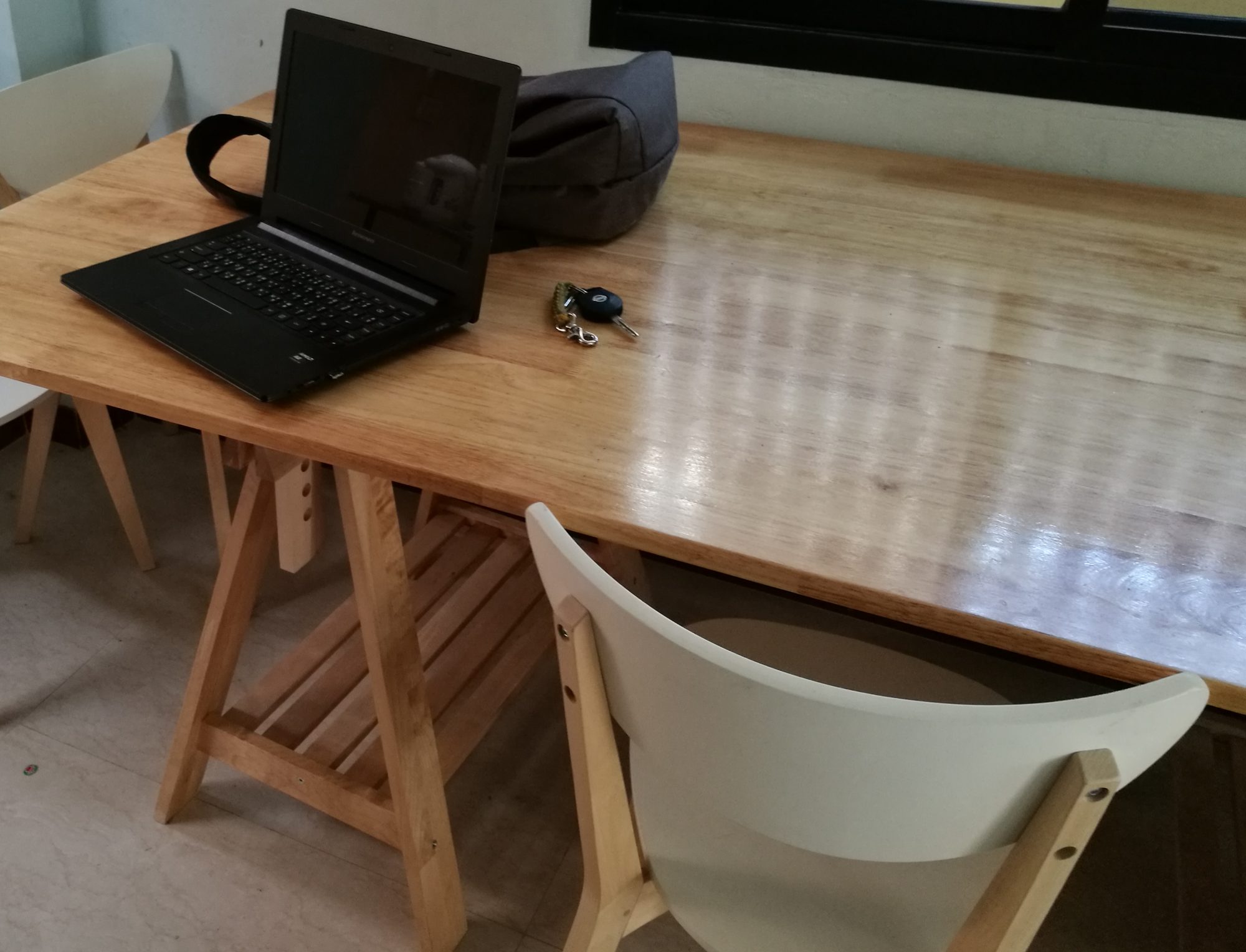I don't know for sure that which medias may know about Thailand better;
Local medias or the Economist or even Bloomberg.
Cause local medias in Thailand say that the way of hope lighting on next year election.
(believe that someone said it will happen in this year?)
I pick up some parts of Economist and Bloomberg to post here.
For full version please follow this link.
Economist : Penalty shoot-out
Bloomberg : Thai Election Won't Reduce Risk for Investors

A constitution-writing body set up by the junta has, under public pressure, cut the most undemocratic bits of a draft charter that it will soon put to a referendum. But the generals are still doing plenty to make themselves unpopular. Besides contemplating extending their rule by electoral means, they are also planning a law that would give Internal Security Operations Command, an army-run body, drastic powers to seize control of the state in the event of a “security threat”.
Besides awarding themselves a huge increase in the official defence budget, military chiefs have installed themselves on the boards of state firms, from which, it is alleged, they are seeking big, secret contributions to army funds. The graft-busting bodies set up by the junta have enthusiastically pursued Mr Thaksin's dubious land deals while finding technicalities to prevent them investigating a questionable land purchase by General Surayud Chulanont, the prime minister.
The danger is that, as happened after Thailand's last coup, in 1991, rising public anger at the generals' attempts to cling to power may eventually lead to violence. Even if the elections promised for late this year take place and return a civilian government, it may be a weak, unstable coalition. Meanwhile, if all goes well, Mr Thaksin will be sitting comfortably in the directors' box at the City of Manchester Stadium, hoping one day to be welcomed home as a hero, his misdeeds forgotten.

The Economis; From print edition, Jun 28th 2007

The Thai election may end up solving nothing, until the spirit of constitutionalism comes out of conference rooms and auditoriums and permeates society.
It might take decades, though without it even excellent economic policies are meaningless and the best of institutions inherently unstable.
Once the elections are out of the way, Thailand may have no immediate difficulty pursuing much more “market-friendly'' policies than, say, Indonesia. But Indonesia, prone as it is to bungling its monetary policy once in a while, has of late done a far better job than Thailand in keeping the army in the barracks. And for that reason alone, the “blow-up'' risk from the next constitutional crisis will be higher for Thailand.
The time for betting on a longer-term reduction in Thai political risks isn't here yet.

Andy Mukherjee; Bloomberg, June 26th 2007
